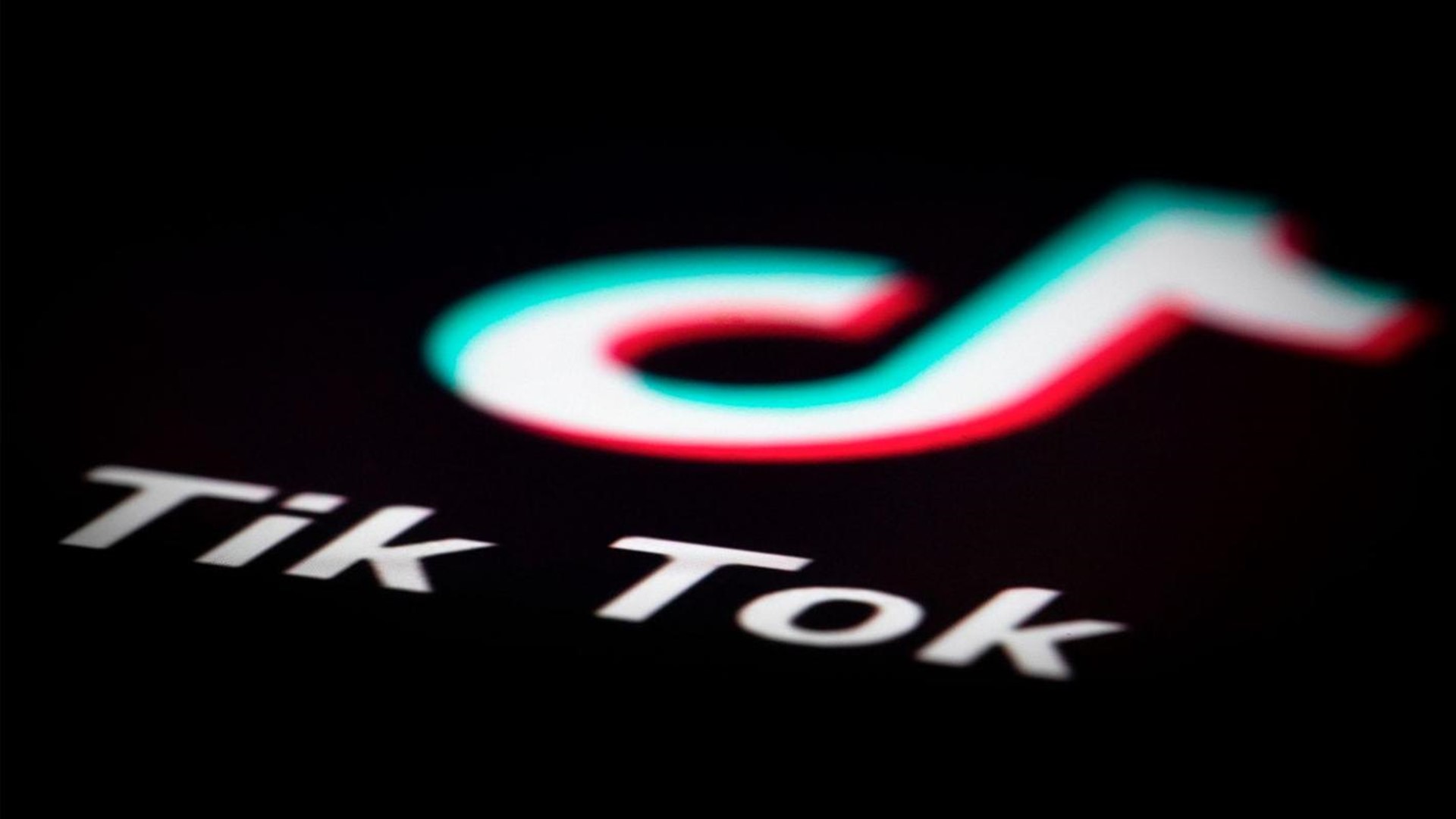TikTok will start collecting biometric data from US users
Most US states still don’t have biometric privacy laws

Popular short-form video sharing platform TikTok has changed its privacy policy, allowing the company to collect biometric data from its US-based customers.
The new terms in the app’s US Privacy Policy enables it to collect biometric identifiers such as “faceprints and voiceprints.”
The biometric data collection details were introduced in a newly-added section under “Information we collect automatically” area, which lists all the types of data TikTok gathers from users.
We're looking at how our readers use VPN for a forthcoming in-depth report. We'd love to hear your thoughts in the survey below. It won't take more than 60 seconds of your time.
- Shield yourself with these best identity theft protection services
- Also check our roundup of the best privacy apps for Android
- Here’s our list of the best VPN services
Troubling collection
In its analysis, TechCrunch breaks down the new terms into two sections. While the first part notes changes that will probably help with TikTok’s ad-targeting and augmented reality efforts, the second part that deals with the collection of biometric information raises eyebrows.
“We may collect biometric identifiers and biometric information as defined under US laws, such as faceprints and voiceprints, from your User Content. Where required by law, we will seek any required permissions from you prior to any such collection,” reads the troubling section of the new terms.
The statement is concerning since it doesn’t specify whether the platform will adhere to federal law, state law, or both. This is important because barring a handful, a majority of the US states don’t have biometric privacy laws, according to reports.
When quizzed by TechCrunch, TikTok failed to confirm what product developments required the insertion of the new clauses, though a spokesperson did reaffirm that the platform would ask for consent if and when it starts collecting biometric data.
Are you a pro? Subscribe to our newsletter
Sign up to the TechRadar Pro newsletter to get all the top news, opinion, features and guidance your business needs to succeed!
- Protect your devices with these best antivirus software
Via TechCrunch
With almost two decades of writing and reporting on Linux, Mayank Sharma would like everyone to think he’s TechRadar Pro’s expert on the topic. Of course, he’s just as interested in other computing topics, particularly cybersecurity, cloud, containers, and coding.
